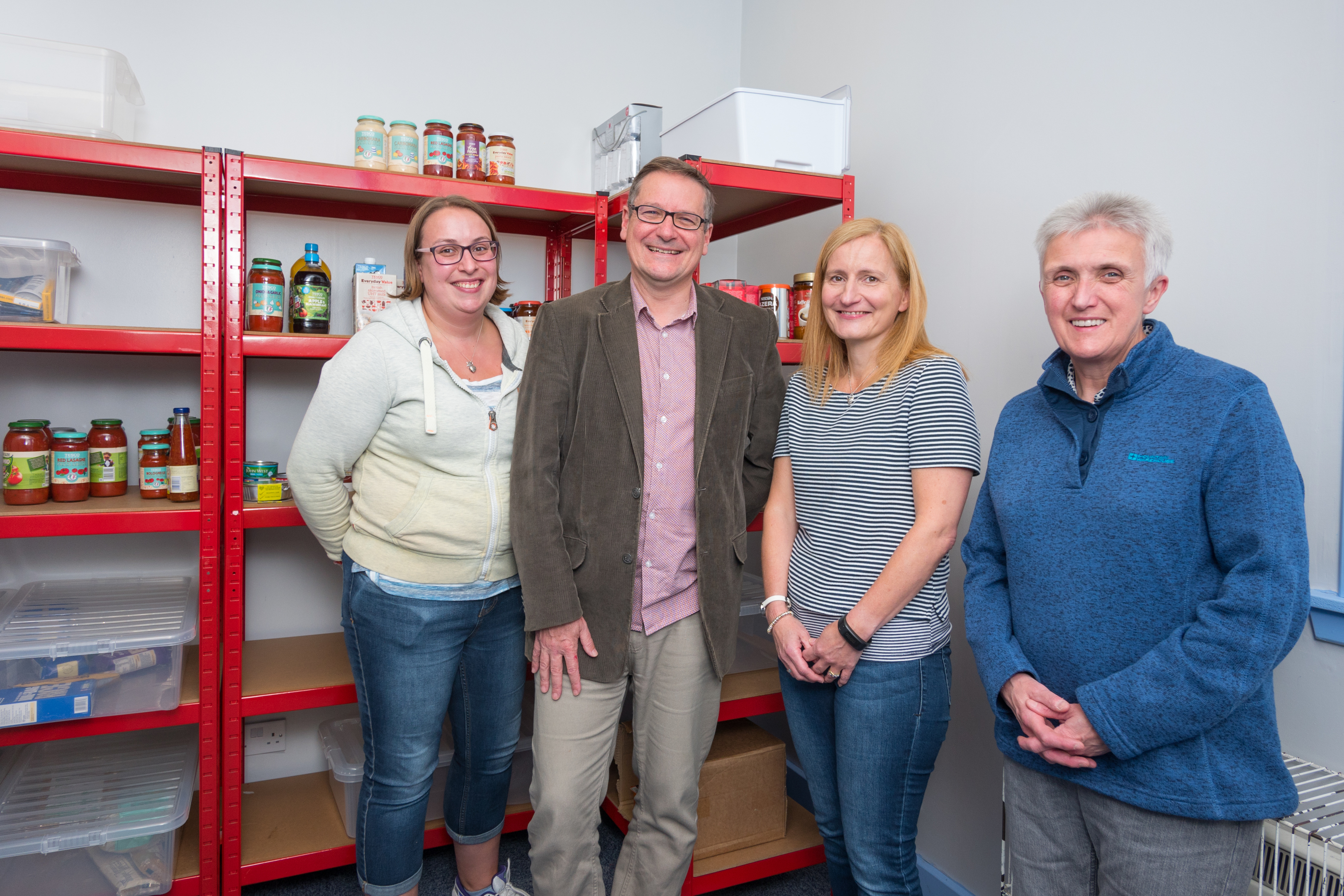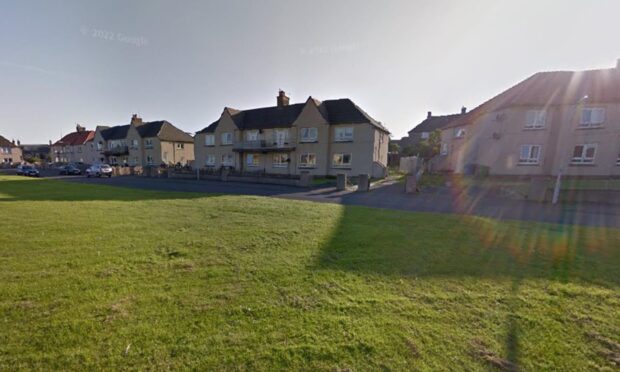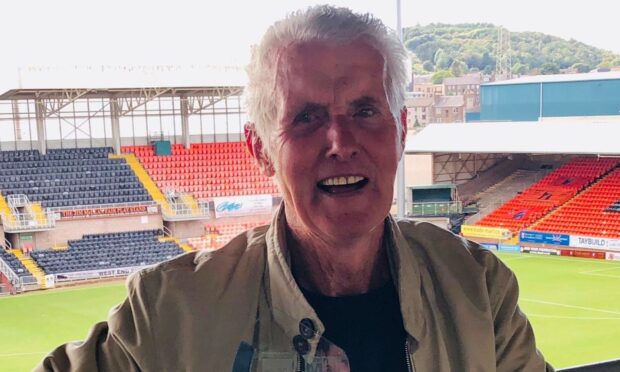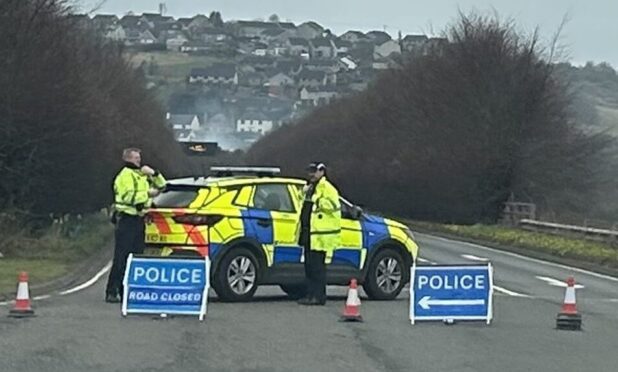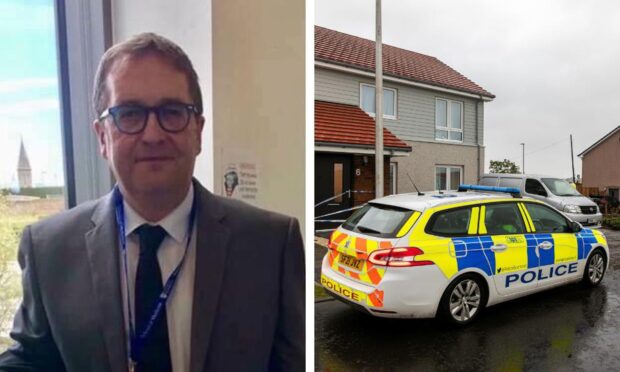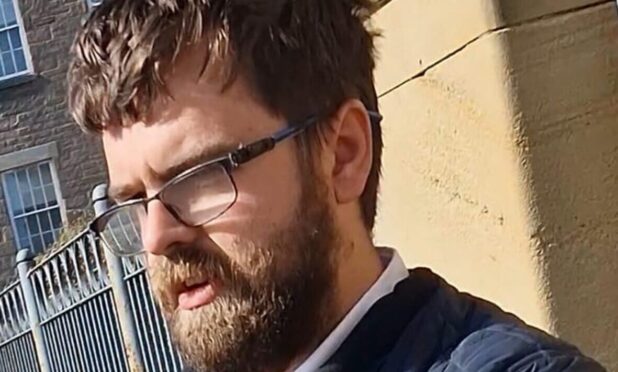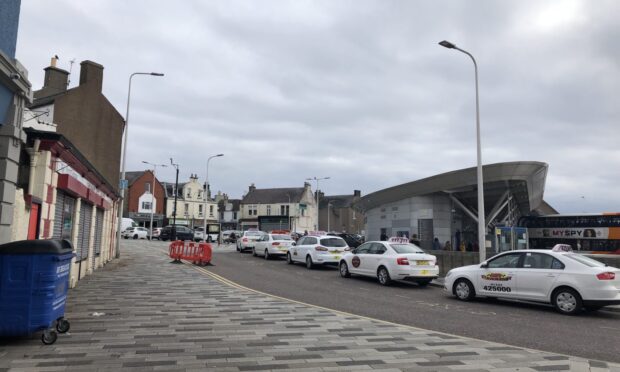The number of people coming forward for aid is just the tip of the iceberg, according to a Dunfermline volunteer.
Pauline Hoey is in contact with families struggling to cope through the work of Gillespie Memorial Church’s school holiday 3F – Food For Families – project.
This provides food to families where youngsters can normally rely on a nourishing – and free – school meal.
Having to find extra money during the break can put some families already finding in difficulty under intolerable strain and parents often go without food to ensure their children don’t go hungry.
In its first year, 2015, around 600 meal packs were provided.
This summer break alone the equivalent of 2,335 were handed out.
It is not just food, many have no money for life’s basics, including a mother who feared her child might be taken into care.
“He had a skin condition and she was able to bathe him once a day, but he needed bathing twice a day and, with no money to heat the water, she had to go to a friend’s.”
Pauline talked of the mixture of pride and shame that holds people back from seeking help.
“Some people are earning far less than they should. And the benefits system is broken.
“Then there are issues like the mother who has been told she’s been overpaid tax credits – which she says she hasn’t – and has had £400 taken off her in four weeks. And on top of that it’s school holidays.”
Zero hours contracts too can help some, but Pauline recounts a story of a couple promised many hours of work each.
“But on the second day they were told they were not needed again that week, and they had already paid a whole week’s childcare.”
Pauline, who in the past has herself struggled, said it was “shameful” people are not earning enough.
“It is dreadful, they are working hard and are still dependent on foodbanks.
“Foodbanks are doing a fantastic job but it is a job they shouldn’t have to do.”
While located in the centre of Dunfermline, she said the project was now seeing people from the villages around west Fife.
“At the end of the week you feel blessed you’ve been able to help people but it makes you think how many more people you’ve not reached. It is the tip of the iceberg.”
Demand also soars at Kirkcaldy foodbank
Demand has soared at Kirkcaldy Foodbank, with volunteers having to spend thousands to top up donations.
Rev Marc Prowe, minister at Auchtertool linked with Kirkcaldy Linktown Church, helped set up the independent, community initiative at Dysart St Clair Church in 2013.
He said the impact of food poverty was enormous and represented a “deep moral and structural failure” of representative democracy.
Kirkcaldy Foodbank relies on 90 volunteers, working at least 1,700 hours per month, to keep up with demand.
They spend around £3,000 on food every month of money secured though bank standing order public contributions to top up donations of foods collected at supermarkets and churches.
Demand has soared over two years, from 4,685 people in 2014-15 to 9,849 people in 2016-17.
Nearly 280 children and 556 adults are fed every month.
Mr Prowe said: “For people in crisis, a foodbank is the last option.
“The impact of this poverty is enormous and is a deep moral and structural failure of representative democracy. This issue is larger than the capacity of any singular charity or individual agency.”
He added Church of Scotland members in Kirkcaldy were motivated by their faith to help people.
Mr Prowe said many foodbank clients were on zero hour contacts and in unstable employment contracts, uncertain about their income from month to month.
“We should not need foodbanks in one of the wealthiest nations of the world,” he added.
“There are a number of factors stacked against people, the economic downturn and the way the benefits are organised.”
“It is really squeezing people hard.”
He took a campaign to the Scottish Parliament to get MSPs to pledge action to tackle the “enormous scandal” of food poverty and support sustainable anti-food poverty projects in their constituency.
East Neuk tackling period poverty
MSP Monica Lennon’s bid to end the misery of period poverty has hit the headlines.
But around Fife many charitable organisations and foodbanks have been distributing the most personal of hygiene products for many years.
One such place is East Neuk Foodbank, which started in 2013.
The group doesn’t use a referral system and employs a drop in and café to ensure a friendly atmosphere.
“So you really cannot tell if they are clients or volunteers,” he said.
Richard also helps with PC access, vital for form filling and job hunts, and courses are run.
That can all help forge closer bonds, making people feel more at ease about asking for more personal items.
“Apart from food if they need sanitary or toiletry products we have that stuff here as well.
“There is nothing that is missed.
“It is good the MSP is talking about it, you need to take about it to break down the barriers,” he said.
Working in the heart of a rural area brings challenges, for example public transport costs and isolation among their largest single user group, the over 45s.
He fears it is the older people in the community who aren’t being reached.
“They may be too proud to come out.”
The need, he added, “is a terrible shame”.
“It is really no different from how it used to be before the welfare state, when the parish picked up the pieces and helped what was then called the poor.
“In some ways it is almost returning to a pre-welfare state position.”
